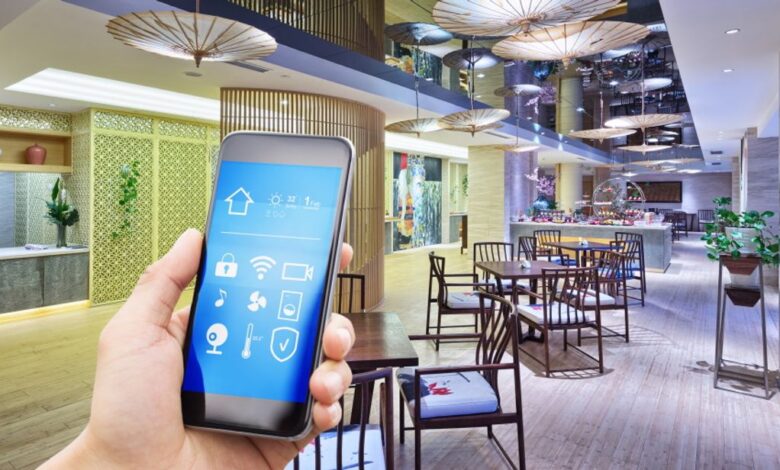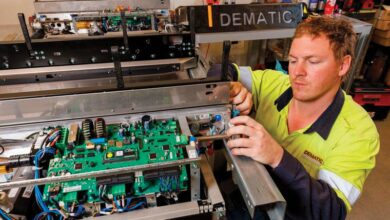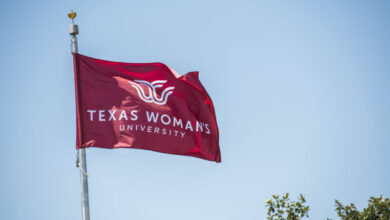AI, personalization and data analytics: A deep dive into hospitality investment trends

The hospitality industry is constantly evolving to
meet guest expectations, which are becoming more and more demanding. In 2024,
travelers want speedy service, expanded amenities and immersive, memorable
experiences.
In practice, this means that hotels must personalize their offerings to match
the individual wants and needs of the customer, while maintaining brand
identity and keeping operating costs low. Additionally, the industry is
currently facing a range of challenges, from a skilled labor shortage to
technology fragmentation and rising costs of operation, making satisfying
customers an even more formidable task.
Digital transformation is driving the future of the
hospitality industry, allowing for the modification of business processes so
that branded and independent hotels alike can appeal to the modern guest. From
analyzing consumer behavior and creating effective digital marketing campaigns,
to providing appealing retail offerings and seamless service, technology is key
along every step of the way. That’s why Amadeus conducted the Travel Technology
Investment Trends 2024 study, to find out how
hospitality leaders are planning to invest, which new technologies they are
most excited about and how this will impact the industry as a whole.
What are the overall investment trends?
2024 is a
year for investment, with the vast majority of hoteliers planning to splash out
on technology. Ninety-four percent of IT decision makers in the hospitality
industry are planning to put funding into their business this year. Not only
are there clear signs of broad investment, but the increase in funding for technology
is substantial.
On average,
hoteliers are planning a 16% increase in technology investment in the next 12
months, with 65% of the industry planning to expand investment by more than
10%. This increase is significant, showing that investment is an important part
of many hospitality leaders’ current business strategy. Digital transformation,
which requires attention and resources, is clearly at the top of the agenda.
Which new technologies are hoteliers investing in?
It’s positive
to note that hoteliers are expanding investment, but which technologies are they
investing in?
- Digital media: Our study revealed the
average spend per property is $74,337, with the greatest focus of their
campaigns being to target new segments of guests. Analyzing campaigns can also
help companies identify where guests are currently searching and booking, which
can help businesses make strategic decisions. - AI: Virtually
all hoteliers (98%) recognize that artificial intelligence has the potential to bring significant
benefits to their businesses. Generative artificial intelligence (generative
AI), such as chatbots, was considered the most important technology in the next
year by 37% of respondents. Hoteliers are hoping that the technology will help
them identify and upsell opportunities to travelers at all stages of the
booking process and create personalized experiences for guests. - Distribution capabilities:
Hoteliers are looking to increase bookings and brand awareness by making
efficient use of different selling channels. Not only will technology allow
them to manage these channels faster and easier, but it will also help them
reach new audiences in new markets. - Data analytics:
Developments in data analytics and reporting are important to centralize
key insights, remove fragmentation and identify challenges with business
performance. AI has the potential to perform a function here by effectively managing
an organization’s data.
What’s driving this investment?
There are
multiple reasons for the rise in investment. Regarding challenges, some
hoteliers (43%) said they feel the need to improve operational efficiencies and
service speed during busy periods. Data management was also named as a key
challenge, with hoteliers feeling that data fragmentation (33%), data
efficiency (32%) and data integrity (30%) are problems. Additionally, the hospitality sector is
facing staff shortages and a rising cost of operations. This may be driving
them to invest in new technology such as automation, which can help staff do
their job more efficiently so they can spend their time on more complex tasks.
There are
also many opportunities created by the potential of new technology. For
example, hoteliers are looking toward energy efficient tech platforms in order
to drive down environmental impact. They trust new software will give insight into
the environmental and social impact of travel and provide visibility on key sustainability
indicators so consumers can make informed choices. Additionally, new AI capabilities are
providing an opportunity for hoteliers to construct personalized offers that will help enhance the guest experience and increase revenue.
Why is this good for the sector – and consumers?
The
investment figures for the hospitality sector compare favorably with other
areas of the industry. For example, corporate travel managers plan to invest
13% more in technology than they did in 2023, while business travel agencies, online
travel agencies and leisure travel agencies plan similar changes. This is notably
less than the increase of 16% planned by hoteliers. The figure for the entire
travel industry is 14%, showing that hospitality is ahead of the curve when it
comes to investment. It’s apparent that the hospitality industry is not content
with the status quo. Leaders are ambitious, ready to evolve their businesses,
improve operations and their customers’ experience – and they are willing to
put in significant investment to make this happen.
For
travelers, this will translate over time into quicker and smoother service
throughout their trip. AI generated personalized offers will elevate guest
experiences, as they will be able to have more comprehensive and connected
trips, with easy access to compelling offerings such as car hire, added
excursions or specific room attributes. Other new capabilities will allow for
quicker service time and a smoother booking process. These changes increase the
opportunity for improved guest satisfaction and more memorable travel
experiences.
Overall, it’s great to see that
technology is a priority for the hospitality industry. The main goals across
hotel brands and properties are to enhance revenue, drive efficiency and create
the personalized, end-to-end experiences that modern guests expect. Hospitality
providers can see huge potential for a more engaging customer experience as
well as significant growth if they effectively prioritize their technology
investment strategies now. Yet we must not forget that these technological
innovations should be paired with the human connections that are at the core of
hospitality to unlock elevated service levels and make travel better.



